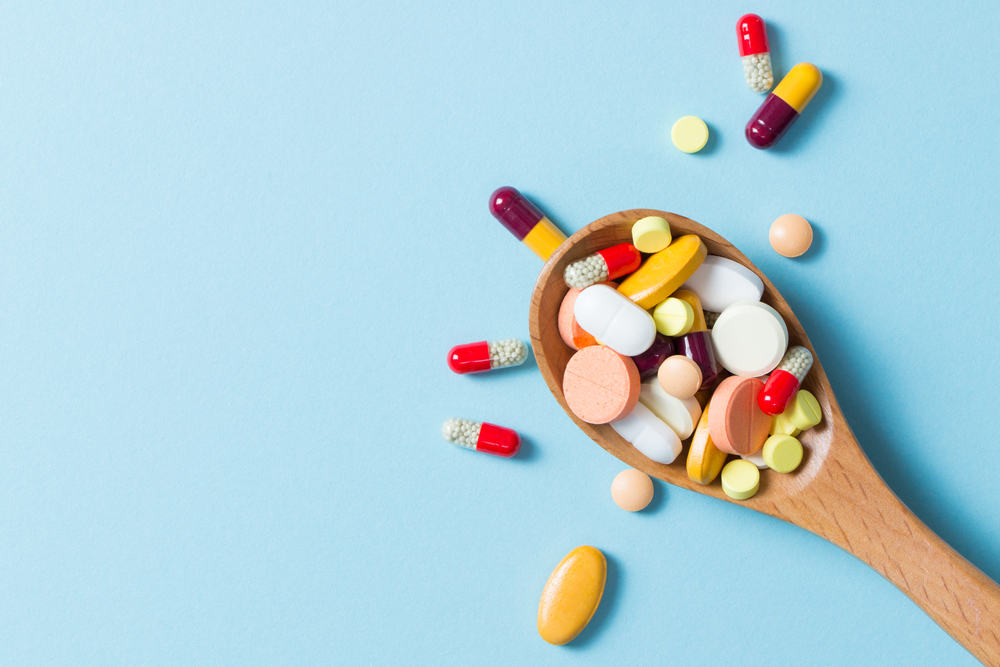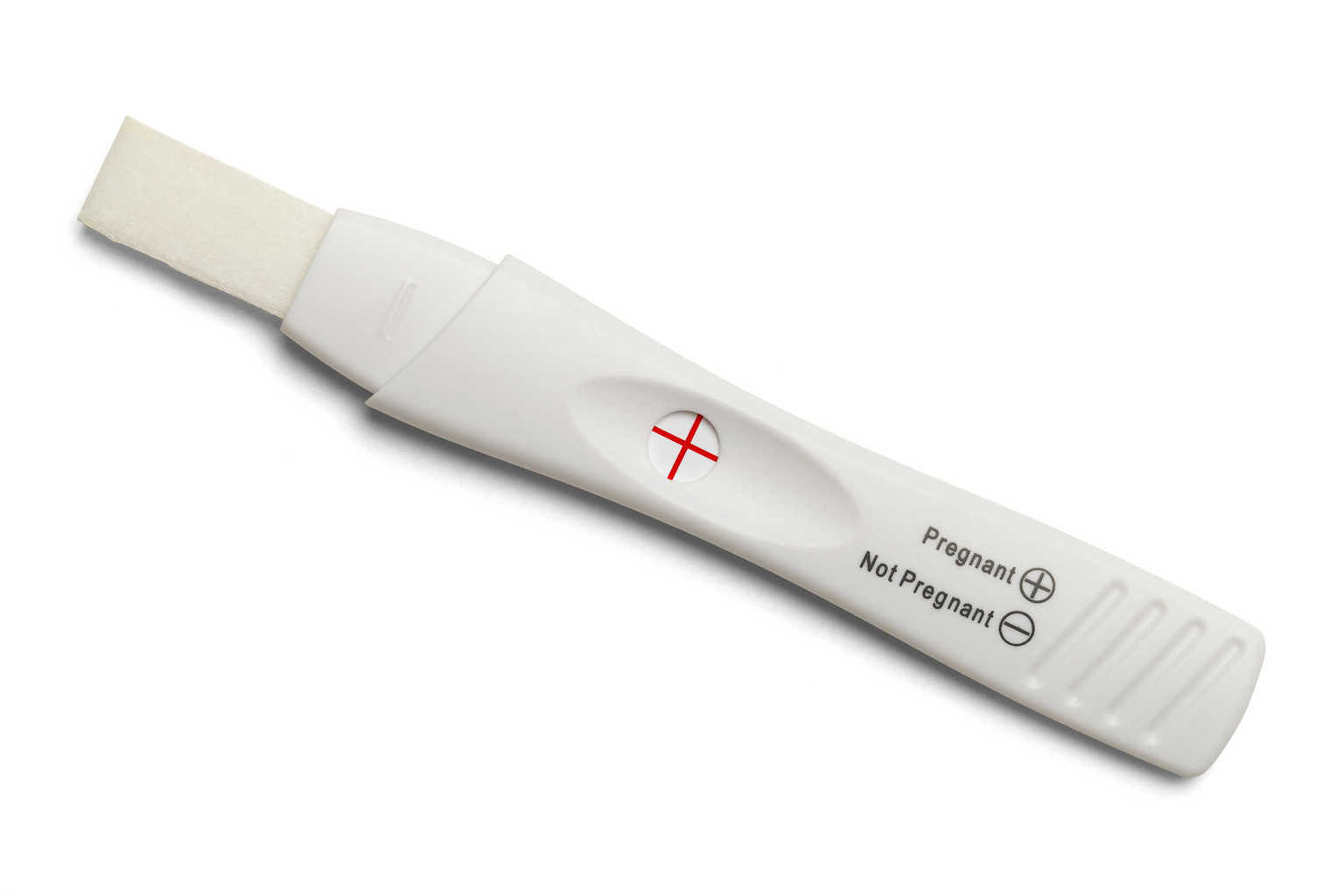Contents:
- Medical Video: What Are the Side Effects of Treatment With Corticosteroids?
- Benefits of corticosteroid drugs for various health conditions
- Side effects that may arise from corticosteroid drugs if overused
Medical Video: What Are the Side Effects of Treatment With Corticosteroids?
Have you ever heard of corticosteroid drugs? Or, you are more familiar with these names: dexamethasone, prednisone, methylprednisolone, hydrocortisone, betamethasone, triamcinolone, and may have taken it for some reason. All of these drugs fall into the category of corticosteroid drugsable to overcome many health problems. But behind its multi-functional properties, corticosteroids hide some of the side effects that need to be watched out for. What are the good qualities of this one million people medicine? Read more here.
Benefits of corticosteroid drugs for various health conditions
Corticosteroids themselves are actually a collection of hormones produced by the human body in the adrenal gland located above the kidneys. This hormone functions in regulating carbohydrate, fat and protein metabolism, regulation of body fluids, the body's defense system, and bone formation.
Meanwhile, corticosteroid drugs are usually used to disrupt hormone production by the adrenal gland which results in the body lacking steroid hormones. Other conditions often treated with corticosteroids include complaints such as swollen skin, itching, redness from allergic reactions, flu, aches, allergic asthma, red eyes (allergic conjunctivitis), autoimmune diseases such as rheumatoid arthritis, systemic inflammation such as lupus, transplantation, brain swelling, and much more.The shape also varies, from tablets, syrups, inhalers, nasal spray, injections to creams, lotions and gels.
If you are asked by a doctor to use corticosteroid drugs in the long term, you will be asked to adjust your diet as follows.
- Reduces the amount of salt and sodium
- Count the number of calories so you don't gain weight
- Add protein intake
This is done as a preventive measure of the possible emergence of dangerous side effects.
Side effects that may arise from corticosteroid drugs if overused
The use of corticosteroids in patients must be considered and dosed properly. Because the drug has a list of side effects that are quite long if used carelessly. Regular use of drugs for more than 2 weeks can cause serious side effects. Therefore, most of this type of drug must be redeemed using a doctor's prescription and rarely available for free.
According to the NHS, common side effects after using corticosteroid drugs are increased appetite, mood changes, and difficulty sleeping. If the use of drugs continues with increasing doses, ethe effect starts from feeling weak, low blood pressure (hypotension), to low blood sugar levels (hypoglycemia). If not handled, a group of symptoms can lead to death.
Any side effects that arise will depend on what type of drug you are using. Usually, systemic use (in the form of tablets or injections) causes greater side effects. Systemic corticosteroid side effects include hypertension, increased blood sugar, diabetes, gastric ulcers, gastrointestinal bleeding, wounds that are long healed, lack of potassium, osteoporosis, glaucoma, muscle weakness, and thinning of the skin.
Meanwhile, side effects from local corticosteroids also vary depending on the method of use (inhalation or ointment). Local corticostreoid side effects include the above symptoms, including canker sores, nosebleeds, coughs, fungal infections in the mouth, paler skin tone, and hoarseness and an increased risk of skin infections. In more severe cases, the use of high-dose corticosteroids can cause Cushing's syndrome and an increased risk of pneumonia infection in patients with chronic obstructive pulmonary disease.












